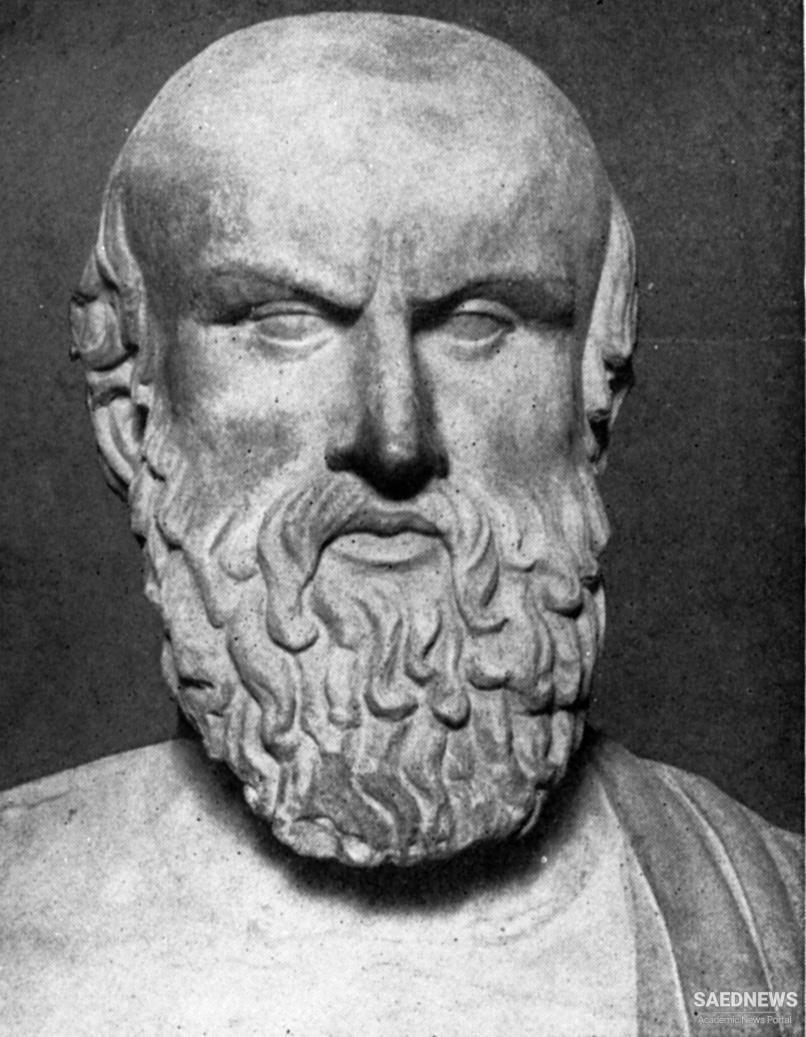This is also true for Aeschylus’ Persians, which is a Greek tragedy. It follows the defeat of the Persians at the hands of the Greeks. Like Histories, Persians would seem to be a sympathetic portrayal of the Persians. After all, the play gives emotion to a faceless enemy. However keep in mind that the audience was Greek and the play took place only a few years after the defeat of the Persians. Also, Persians is given validity of how the Persians are portrayed because Aeschylus was an eyewitness at the battle of Salamis. However, the play takes place in a royal Persian court and not a battle field. Not only that, but how as readers are we expected to know what Aeschylus witnessed that day just by reading the play? He could have simply observed Greeks rather than Persians. So, although he was an eyewitness to a historical event, it holds little weight to a tragedy written in the eyes of Persian characters. Both Aeschylus and Herodotus have their own interpretation of how Persians were like. Herodotus tries to remain analytical and impartial while Aeschylus gives sympathy to his Persian characters (Source: Story of the Greeks).



 Evaluation of Herodotus's Account of Ancient Persia
Evaluation of Herodotus's Account of Ancient Persia














































